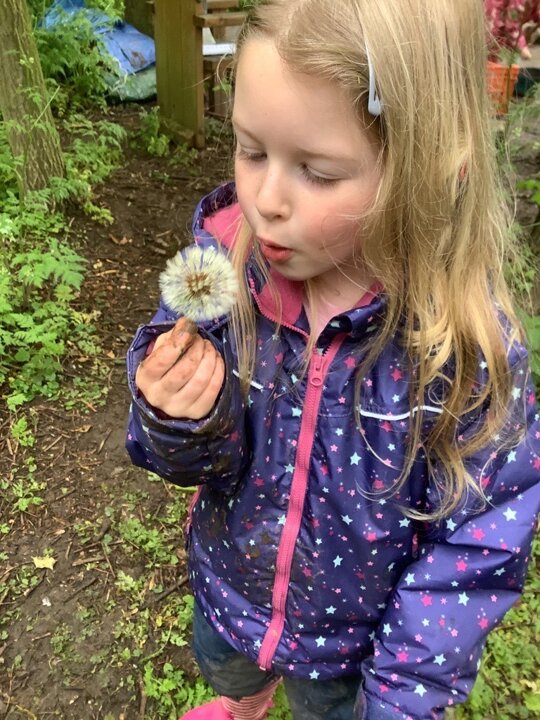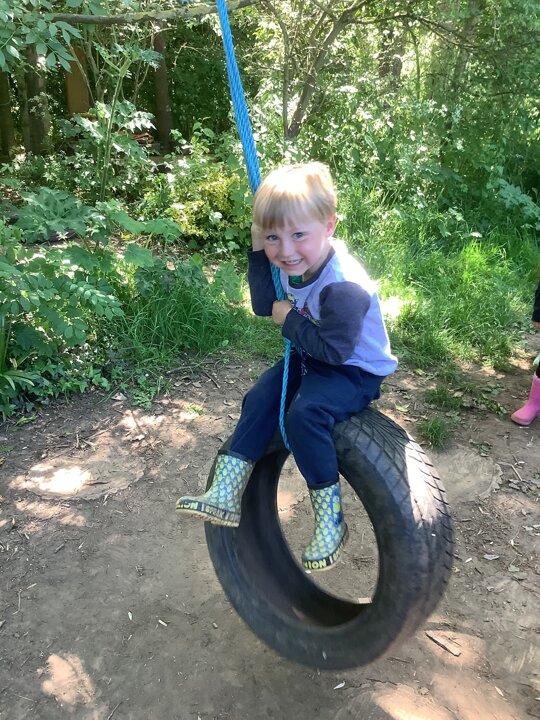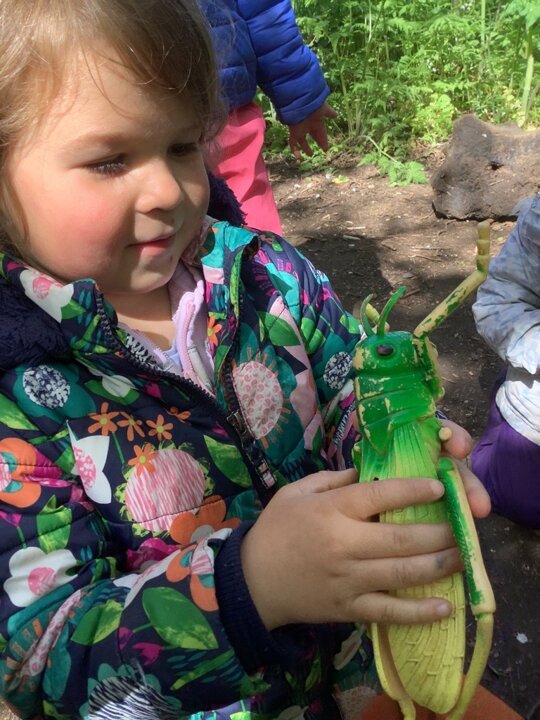Welcome to Wise Owls
Most children in Wise Owls attend Stakesby's nursery, however we also welcome pupils from other settings, including independent nurseries and childminders. Wise Owls share the Early Years building with Super Squirrels but have their own learning space suited to their increasing independence and curriculum. Mrs Tacon - Early Years Lead - teaches alongside Mrs Parker. Across the academic year, pupils in Wise Owls continue to explore the world around them, learning about different faiths, cultures and countries - and how these relate to their own experiences.
Pupils bring reading and homework books home to share with parents and carers and also begin formal PE lessons in the main school hall. Learning experiences continue to include exploratory play, maths, phonics, writing, topic, art, design & technology and Forest School. These experiences lay the foundations your child needs to successfully engage in the Year 1 curriculum.
Forest School takes place every Wednesday with our specialist teacher, Mrs Mason. We're very lucky to have our own school wood; the changing natural environment provides a wonderful space for your child to learn, explore and challenge themselves in a safe and familiar setting.
Parents and carers can join in the fun via Class Dojo - a free app for your phone and tablet - which is where we post photos of our learning, play and adventures each day.
Visits to our Early Years setting are welcomed. Please contact the school office via telephone on 01947 820231 or email admin@stakesbyschool.net
How can I make sure my child is ready for Wise Owls?
Starting school for the first time is a huge milestone for your child – and for you as a parent/ carer. Even though your child may have attended nursery sessions in Super Squirrels, there are lots of things they will be doing for the fist time when they enter Wise Owls. We make sure to build in lots of teaching time to develop the skills they need in order to successfully make the transition, but it is crucial that your child is doing these things at home too.
In line with Development Matters, we have produced this list of skills to help you check whether your child is ready for full time school in September – and to work on from now until that exciting moment comes. By supporting and encouraging your child to develop these skills, you will be helping them to build their confidence and become effective learners.
|
Personal Skills
Encourage your child to:
|
Independence and Sharing
Support your child to:
|
|
Eating and Drinking
Talk to your child about:
|
Speaking and Listening
Encourage your child to:
|
|
Reading and Writing
Support your child to:
|
Number and Shape
Support your child to:
|
.jpg)
.jpg)
.jpg)


